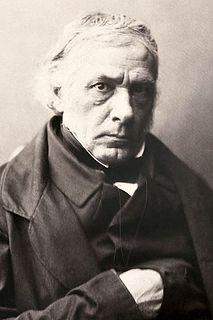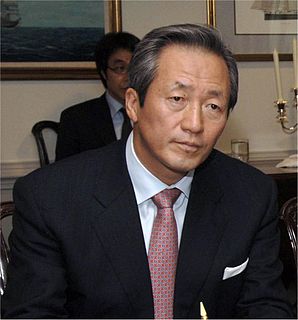A Quote by Park Won-soon
Seoul has many good tourism resources, including nature, history and people. To take advantage of these, we have to make efforts, to preserve nature, restore historic properties and support the nation's dynamic culture and art.
Related Quotes
After decades of faithful study, ecologists have begun to fathom hidden likenesses among many interwoven systems. ...a canon of nature's laws, strategies, and principles...
Nature runs on sunlight.
Nature uses only the energy it needs.
Nature fits form to function.
Nature recycles everything.
Nature rewards cooperation.
Nature banks on diversity.
Nature demands local expertise.
Nature curbs excesses from within.
Nature taps the power of limits.
At the very simplest, I think as Van Gogh said and St Francis would have said, we must find nature. Just to be in the presence of nature your feelings and 'little seedlings' start to awake. So if we disassociate ourselves from God we cut nature out, too. More and more we turn nature into a commodity, into eco-tourism. But we must integrate it into the way people live every day.
Sex is probably one of the last forms of human expression to enjoy such a direct connection with nature. It might be the primary site of conflict between nature and culture. If one assumes that nature (or instinct) is repressed in a highly civilised society, then I think the conceptual dyad nature-culture is best preserved there, in the realm of sex.

































